Leader Lightford to set high school students up for financial success
- Details
 SPRINGFIELD – Senate Majority Leader Kimberly A. Lightford championed a measure to require high school students to learn financial literacy.
SPRINGFIELD – Senate Majority Leader Kimberly A. Lightford championed a measure to require high school students to learn financial literacy.
“When young people leave high school, they are given the freedom to spend and manage their money how they see fit with little or no guidance beyond what they’ve witnessed at home,” said Lightford (D-Maywood). “By requiring financial literacy instruction, we are equipping our young people with the ability to do things like manage a household budget, save for a home or be aware of financial fraud schemes. These are important life skills that every person can utilize.”
Under Lightford’s measure, high school students would be required to learn about financial literacy. The instruction would focus on basic economics, the principles of supply and demand, how to budget income responsibly, loan repayment, and the cost of high-interest short-term “payday” loans.
Read more: Leader Lightford to set high school students up for financial success
Loughran Cappel fights to reduce delays in childcare employment process
- Details
 SPRINGFIELD – State Senator Meg Loughran Cappel passed a measure through the Senate Licensed Activities Committee Wednesday that addresses background check delays at childcare facilities across the state.
SPRINGFIELD – State Senator Meg Loughran Cappel passed a measure through the Senate Licensed Activities Committee Wednesday that addresses background check delays at childcare facilities across the state.
“I continue to hear about delays with the state’s licensing process,” said Loughran Cappel (D-Shorewood). “As we face a shortage of qualified early education teachers, we have to take the necessary steps to speed up the process.”
House Bill 4412 would allow a childcare facility, non-licensed service provider, day care center, or home-based day cares to use a third-party vendor licensed by the Illinois Department of Financial and Professional Regulation for the required fingerprinting that is part of the application process for facility licensure and as a condition of employment.
Read more: Loughran Cappel fights to reduce delays in childcare employment process
Ventura measure to protect tenants from rental transaction fees passes Senate
- Details
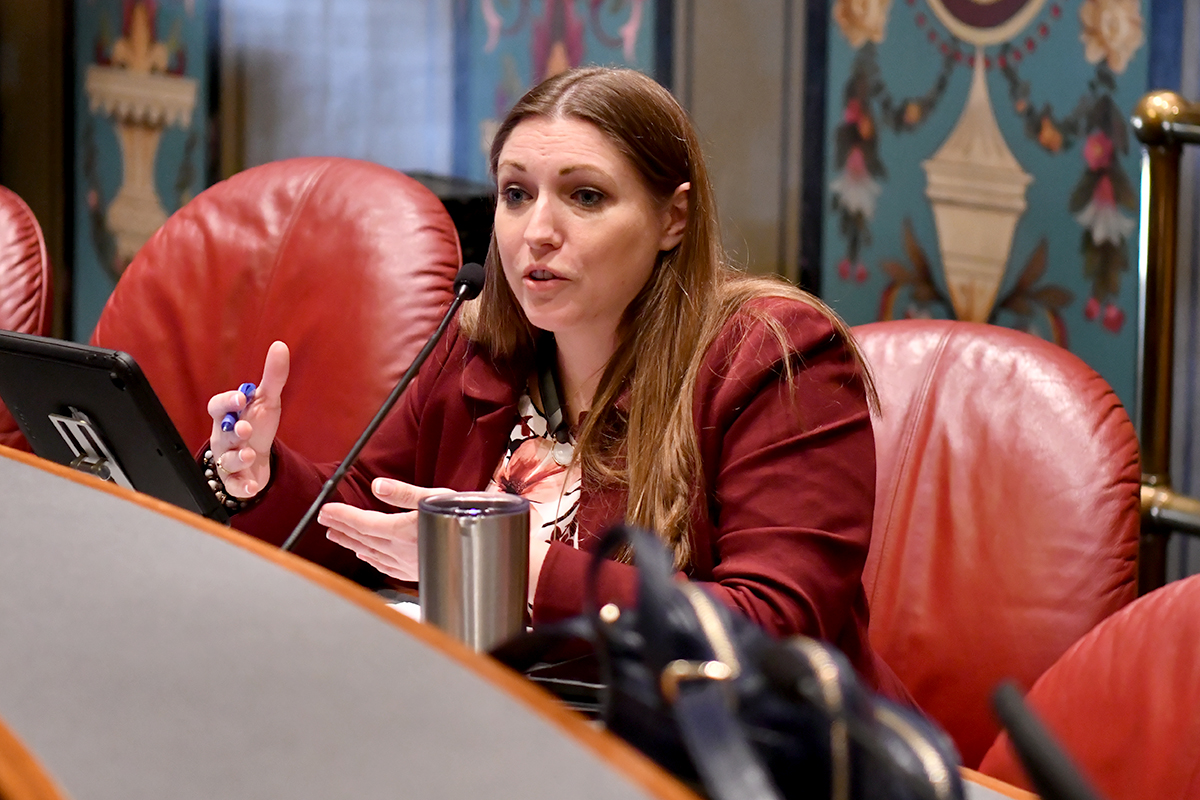 SPRINGFIELD – To protect renters from additional payment transaction fees, State Senator Rachel Ventura advanced legislation through the Senate that would require landlords to be more flexible with payment options.
SPRINGFIELD – To protect renters from additional payment transaction fees, State Senator Rachel Ventura advanced legislation through the Senate that would require landlords to be more flexible with payment options.
“By requiring landlords to also accept cash or check, we help save Illinoisans from unnecessary transaction fees on their rental payments,” said Ventura (D-Joliet). “Some leases require 2-3% of rent to cover processing fees which adds a lot to an already high rent, so it is vital we ensure that we save residents money in any capacity we can.”
House Bill 4206 would require landlords to allow tenants to make rental payments by delivering a paper check or cash to the landlord or their business office if the landlord uses a third-party payment portal to collect rent and has a transactional fee or other charge imposed through the portal on the rental payments.
Read more: Ventura measure to protect tenants from rental transaction fees passes Senate
Fine increases consumer protection from denied insurance claims
- Details
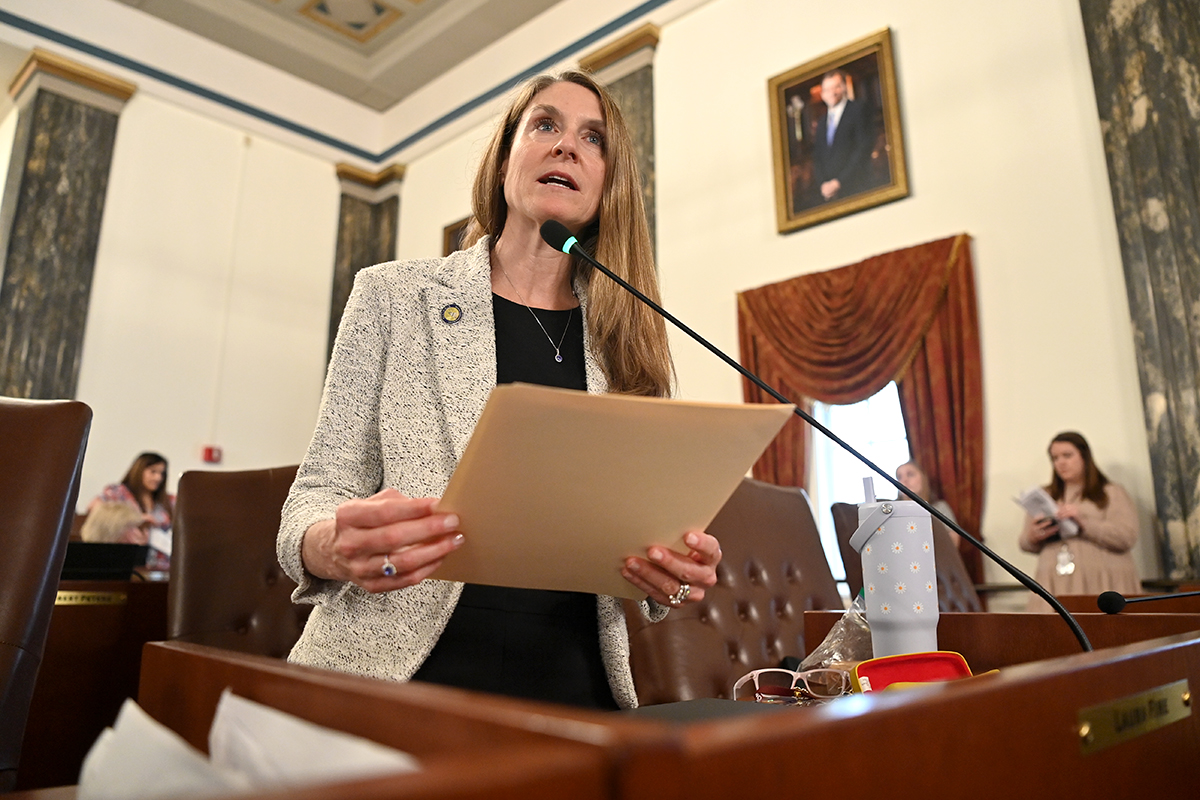
SPRINGFIELD – To increase transparency in health care plans and enhance consumer protections, State Senator Laura Fine advanced legislation that would clarify when an individual is able to challenge an insurance company’s decision to deny a claim.
“Those seeking necessary medical treatments, including those who already received a service, may be surprised when their health insurance refuses to pay for it,” said Fine (D-Glenview). “Current standards for reviewing health care services and procedures may inaccurately and unfairly penalize patients, which can delay access to essential services.”
Health insurance providers may deny coverage or refuse to pay for a service, which is known as an adverse benefit determination. However, consumers are able to request an external review of this denial to evaluate its appropriateness. House Bill 2472 would clarify when a consumer can appeal a denial of benefits or request an external review.
“This legislation outlines a path to ensure consumers have access to affordable healthcare,” said Fine.
House Bill 2472 passed the Senate on Wednesday and heads to the Governor’s desk.
More Articles …
Page 175 of 732

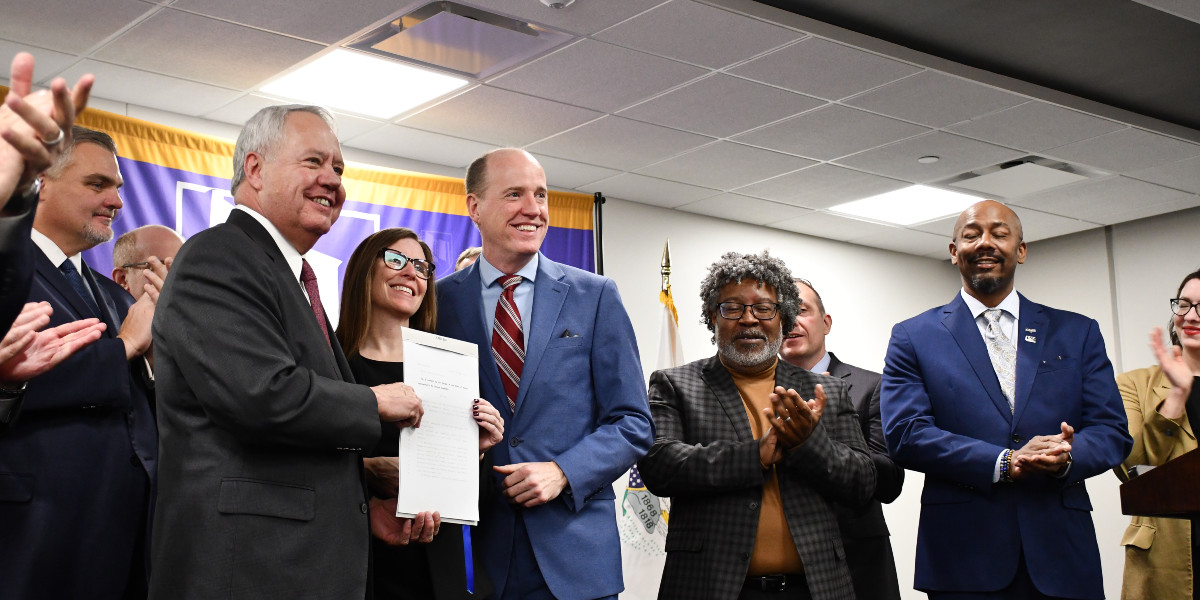

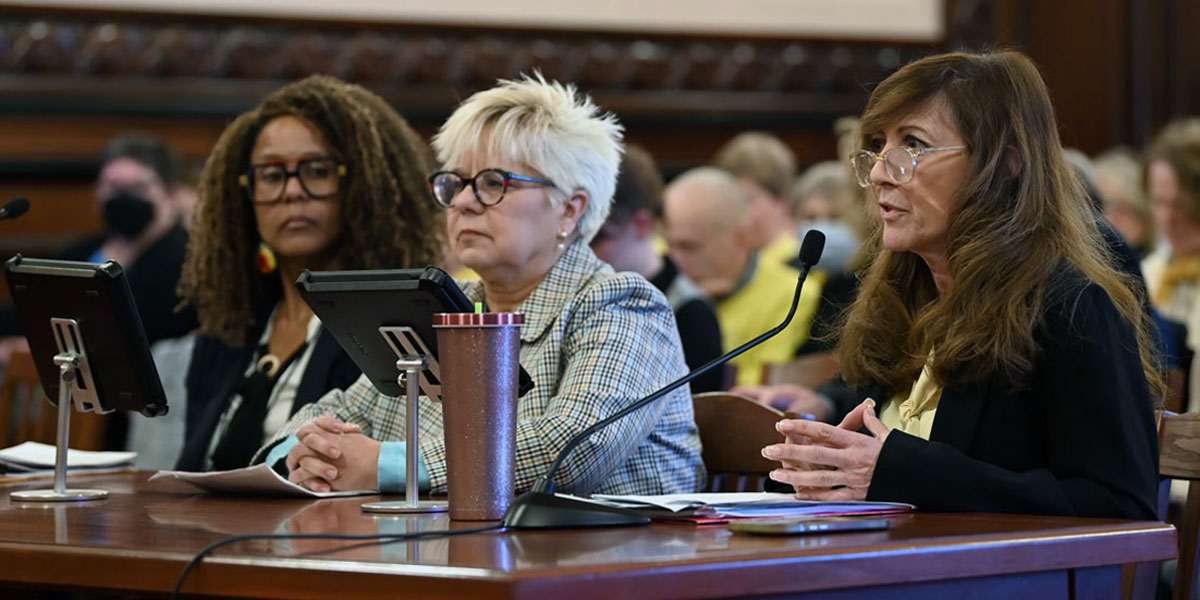
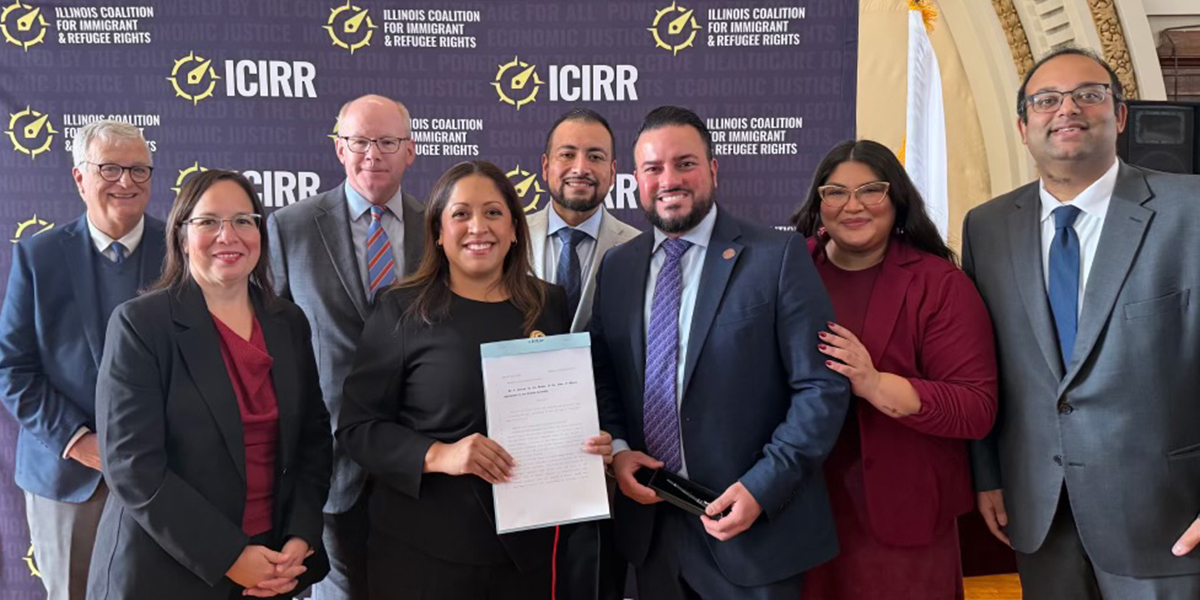
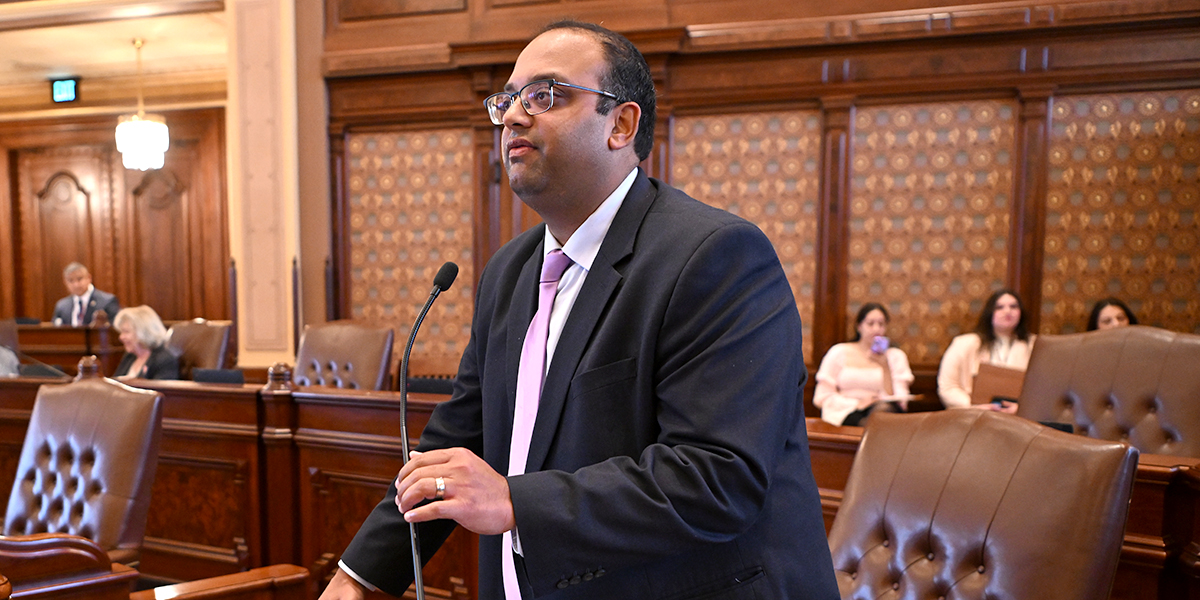


















 © 2026 Illinois Senate Democratic Caucus
© 2026 Illinois Senate Democratic Caucus